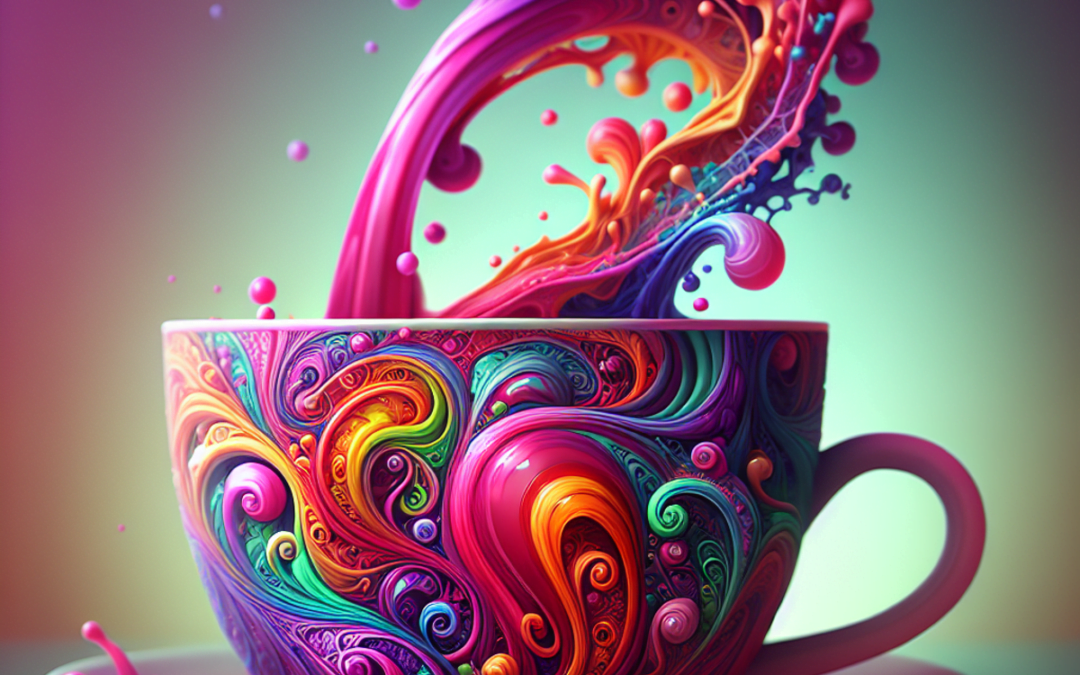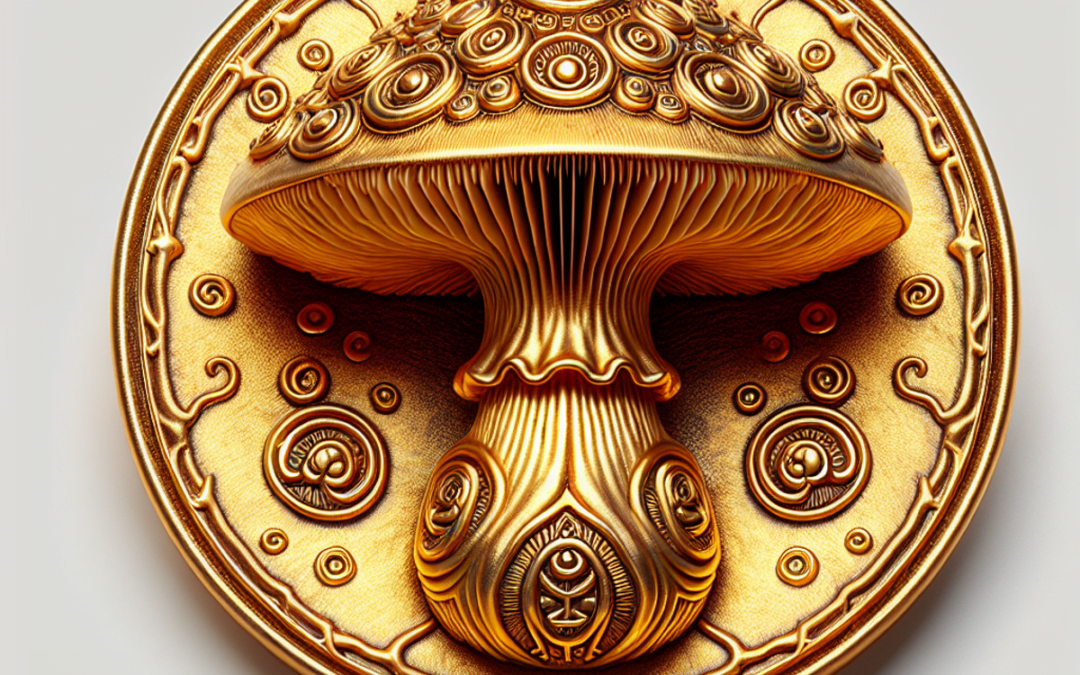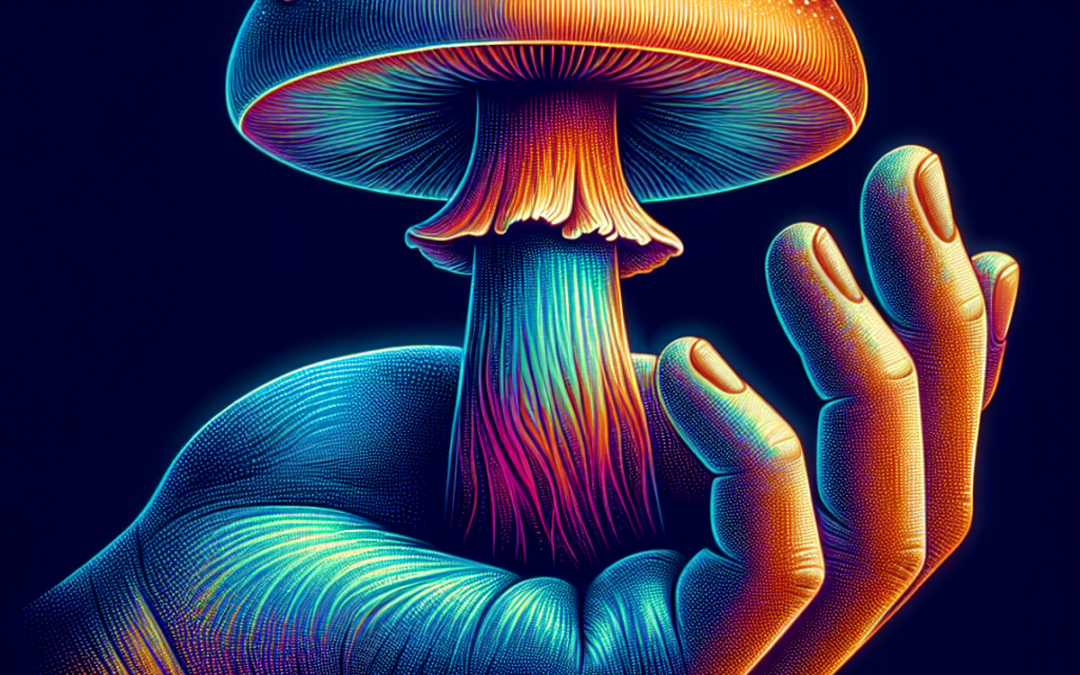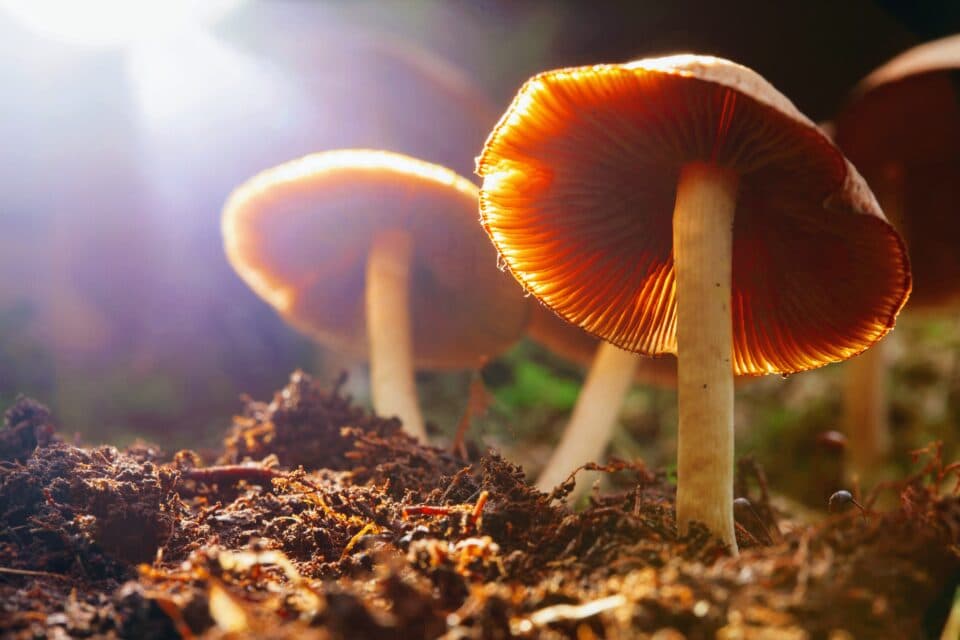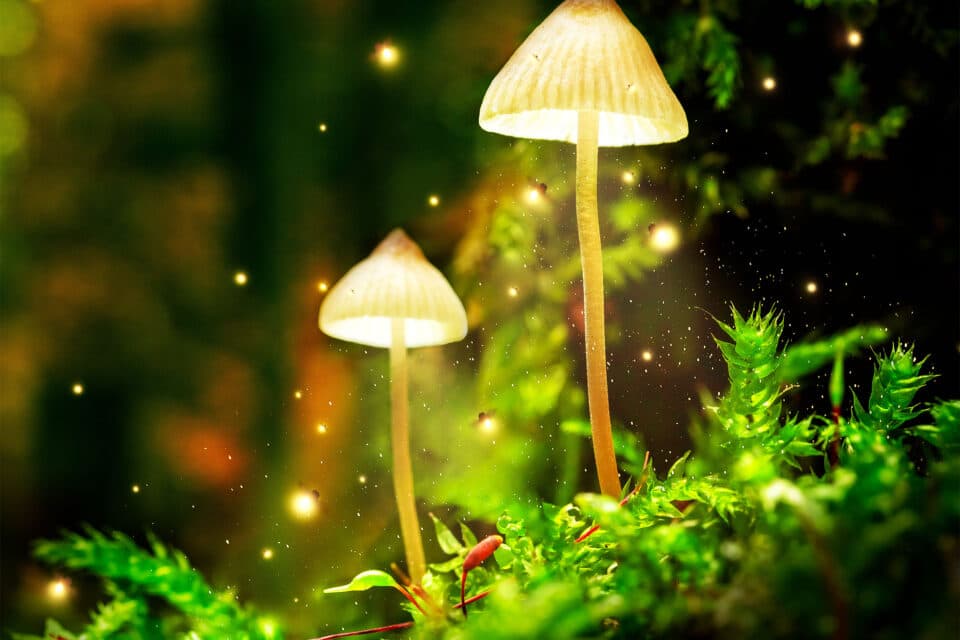Can the compound found in magic mushrooms help treat depression without making people high?
That’s what researchers at Toronto’s Centre for Addiction and Mental Health will be endeavoring to find out.
Today, the hospital announced it is the recipient of a first-ever federal grant to study how psilocybin can potentially impact individuals with “treatment-resistant” depression.
In-house psychiatrist, Dr. Ishrat Husain, will lead the research on this largely under-studied topic.
“There has been a growing interest and body of knowledge regarding the use of psychedelic drugs for the treatment of mental illness and addictions,” said Husain, who heads CAMH’s Clinical Trials Unit, in a July 27 news release.
“Previous clinical trials have reported large and sustained antidepressant effects of psilocybin when combined with intensive psychotherapy. If this study shows that psilocybin is still effective at treating depression without inducing a psychedelic state, it could remove the time-intensive and costly need for psychological support during the treatment. This would make the treatment more accessible both for healthcare funders, and for those seeking treatment.”
This new, three-year clinical trial – titled “A proof-of-concept randomized controlled trial to show that the antidepressant effects of psilocybin do not require psychedelic effects” – will involve 60 adult participants who have treatment-resistant depression.
The group will be divided into three cohorts: a random third who will be given a full dose of psilocybin plus a blocker for the 5-HT2A serotonin brain receptor that will inhibit the drug’s psychedelic effect, one group that will be administered psilocybin plus a placebo, and the other that will get a placebo plus the serotonin blocker.
All participants will also be receiving 12 hours of psychotherapy as is the current practice in psychedelic research.
Anyone interested in participating in this study should speak with their healthcare provider and obtain a referral to CAMH to see if they’re eligible.
The results of this trial will serve as preliminary findings on the antidepressant effect of this drug combination. Future research will then be done to validate this potential approach for treatment of depression without the use of intensive psychotherapy.
Recently, CAMH was the only Canadian site for the world’s largest clinical trial of psilocybin in mental health. That study was “instrumental in providing further support for psilocybin as an emerging treatment for depression,” the hospital said.
Dr. Aristotle Voineskos, the vice-president of research and director of the Campbell Family Mental Health Research Institute, said CAMH, which is the largest mental health research hospital in Canada, is “ideally positioned to be at the forefront of psychedelic science research that focuses on safety, efficacy, and accessibility.”
“Moreover, it is crucial that moving forward we bring to bear state-of-the-art research technologies, like neuroimaging and molecular assessments, to get a better understanding of how compounds like psilocybin induce their antidepressant effect or psychedelic effect, and overall safety (or benefit) considerations related to brain health,” he said.
Source: New CAMH study to look at whether ‘magic mushrooms’ can help treat depression without the high



